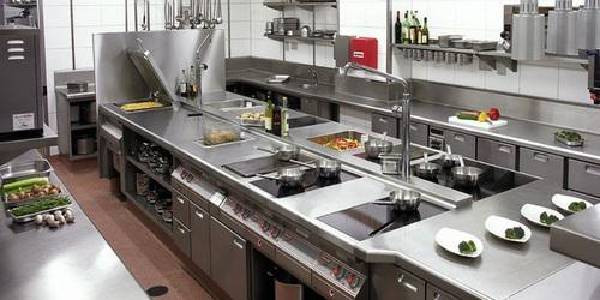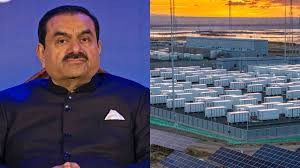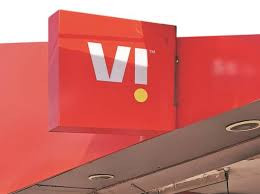Ministry of Power: Electric Cooking Set to Transform Indian Kitchens, Paving the Way for a Sustainable Future

New Delhi (5th June , 2023) : The Ministry of Power, recognizing the
need for sustainable and innovative solutions, has highlighted electric cooking
as the future of Indian kitchens. In a groundbreaking announcement, the
ministry has underscored the tremendous potential of electric cooking
appliances to revolutionize the way Indians prepare their meals while
simultaneously addressing environmental concerns.
With a focus on reducing reliance on
traditional cooking methods that heavily depend on fossil fuels, the Ministry
of Power aims to promote the adoption of electric cooking appliances across the
nation. By embracing this transformative shift, Indian households can
significantly contribute to the country's sustainable development goals and
mitigate the adverse effects of greenhouse gas emissions.
Electric cooking offers several distinct
advantages over conventional cooking methods. Notably, it eliminates the need
for cooking fuels such as LPG (liquefied petroleum gas) and biomass, thereby
reducing indoor pollution and improving air quality. Furthermore, by leveraging
the increasing availability of renewable energy sources, such as solar and wind
power, electric cooking can play a pivotal role in achieving India's clean
energy objectives.
The Ministry of Power's initiative to
promote electric cooking aligns seamlessly with the government's larger vision
of an electrified, sustainable future. By encouraging the use of
energy-efficient electric cooking appliances, the ministry seeks to enhance the
overall energy efficiency of households and create a positive impact on the
environment.
This transformative shift towards
electric cooking also holds significant economic benefits. As India's power
sector continues to evolve, the increased adoption of electric cooking
appliances will drive demand for electricity, leading to economic growth and
job creation in the renewable energy industry. Moreover, it reduces the
country's dependence on costly imported cooking fuels, enhancing energy
security and fostering self-sufficiency.
The Ministry of Power's announcement
serves as a clarion call to the business community, urging manufacturers and
stakeholders to capitalize on the enormous potential of electric cooking in the
Indian market. By investing in research and development, innovation, and widespread
adoption of energy-efficient electric cooking appliances, businesses can tap
into a growing market segment and contribute to India's sustainable development
agenda.
In conclusion, the Ministry of Power's
endorsement of electric cooking as the future of Indian kitchens marks a
significant turning point in the country's sustainable development journey. By
embracing this transformative shift, Indian households can contribute to
environmental conservation, improve air quality, and support the government's clean
energy objectives. Simultaneously, this transition offers substantial economic
opportunities for businesses operating in the renewable energy and electric
appliance sectors. As India charts its path towards a sustainable future,
electric cooking is poised to play a vital role in reshaping the culinary
landscape and paving the way for a greener, more prosperous nation.
You might also like!
















